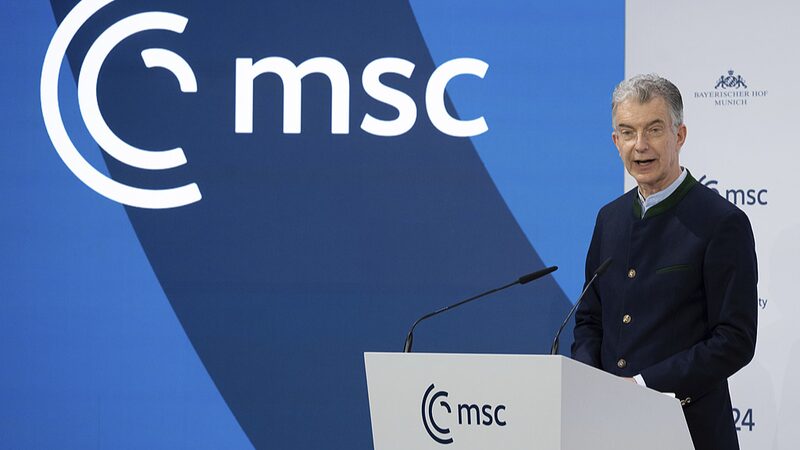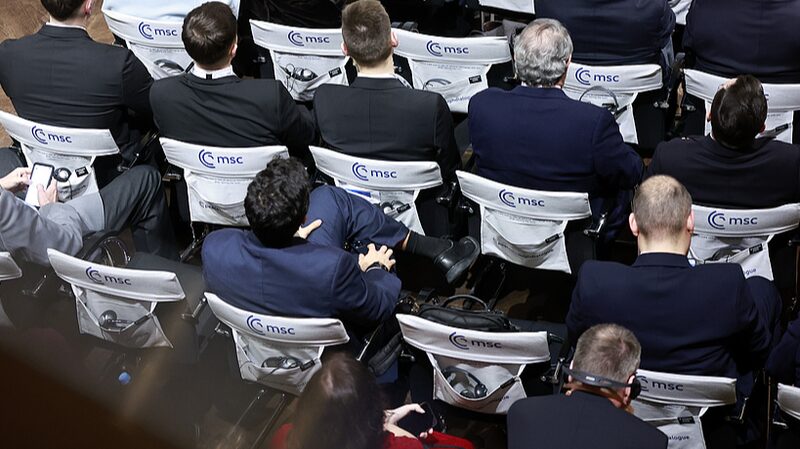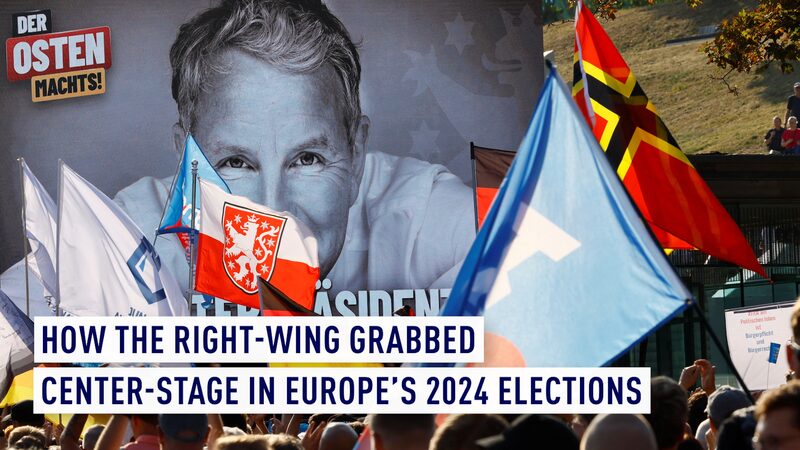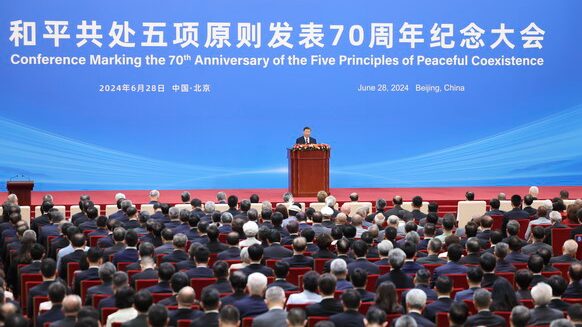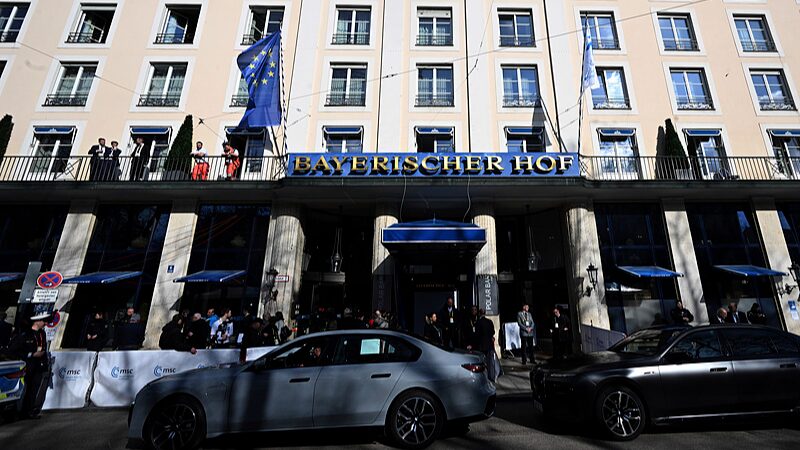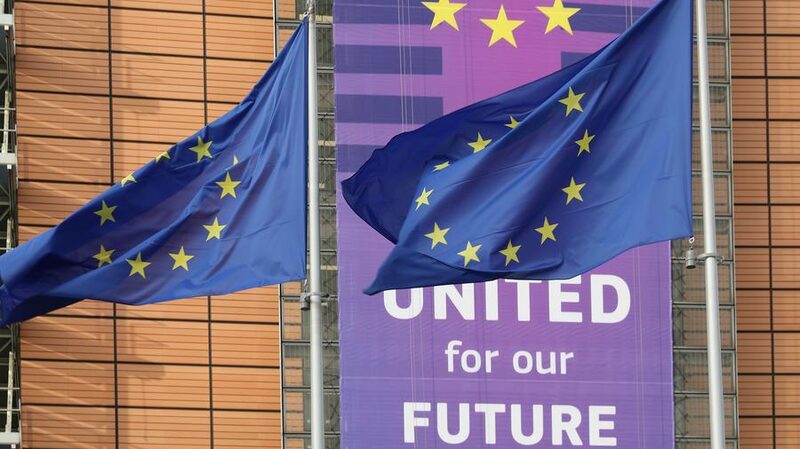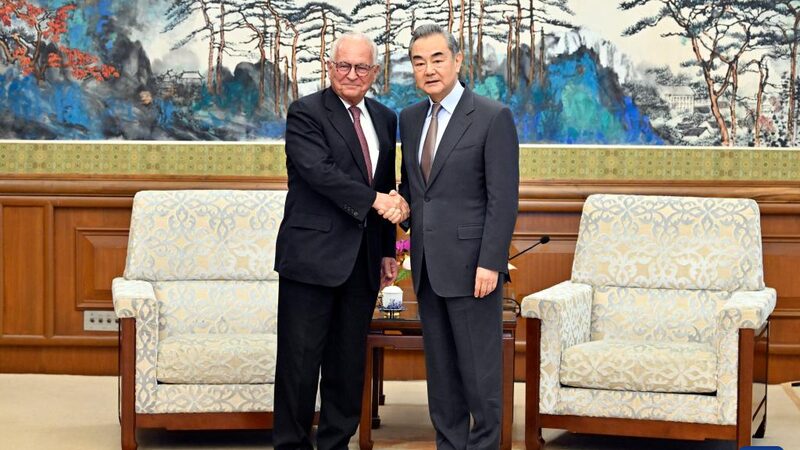The 61st Munich Security Conference (MSC) concluded on Sunday amidst evident strains in transatlantic relations. Christoph Heusgen, chairman of the MSC, expressed concerns over the diminishing common value base between Europe and the U.S., signaling a growing divide as the event wrapped up its three-day agenda.
Heusgen highlighted the significance of European politicians reaffirming the values and principles they uphold, especially in the wake of U.S. Vice President J.D. Vance's controversial speech. This incident underscored the existing rifts between the U.S. and its traditional allies, as noted by Xiao Qian, deputy head of the Center for International Security and Strategy at Tsinghua University.
Throughout the conference, approximately 60 heads of state and government, along with 150 ministers, engaged in discussions addressing critical global security challenges, including climate change, European security, and regional conflicts. However, disagreements persisted on topics such as the Ukraine conflict and the future of European defense, reflecting an increasingly complex geopolitical landscape.
Heusgen emphasized the urgent need for shared norms and principles in a multipolar world, stating, \"This order is easy to disrupt, to destroy, but much harder to rebuild.\" He also pointed out the rising importance of the Global South, noting that over 30 percent of speakers at this year's MSC hailed from Asia, Africa, and Latin America. This significant representation ensured that diverse perspectives were included in conversations about the evolving multipolar order.
The increased participation from Asian regions highlights Asia’s growing influence in global security dialogues, positioning the continent as a pivotal player in shaping the future of international relations and security policies.
Reference(s):
Munich Security Conference ends amid strained transatlantic relations
cgtn.com
